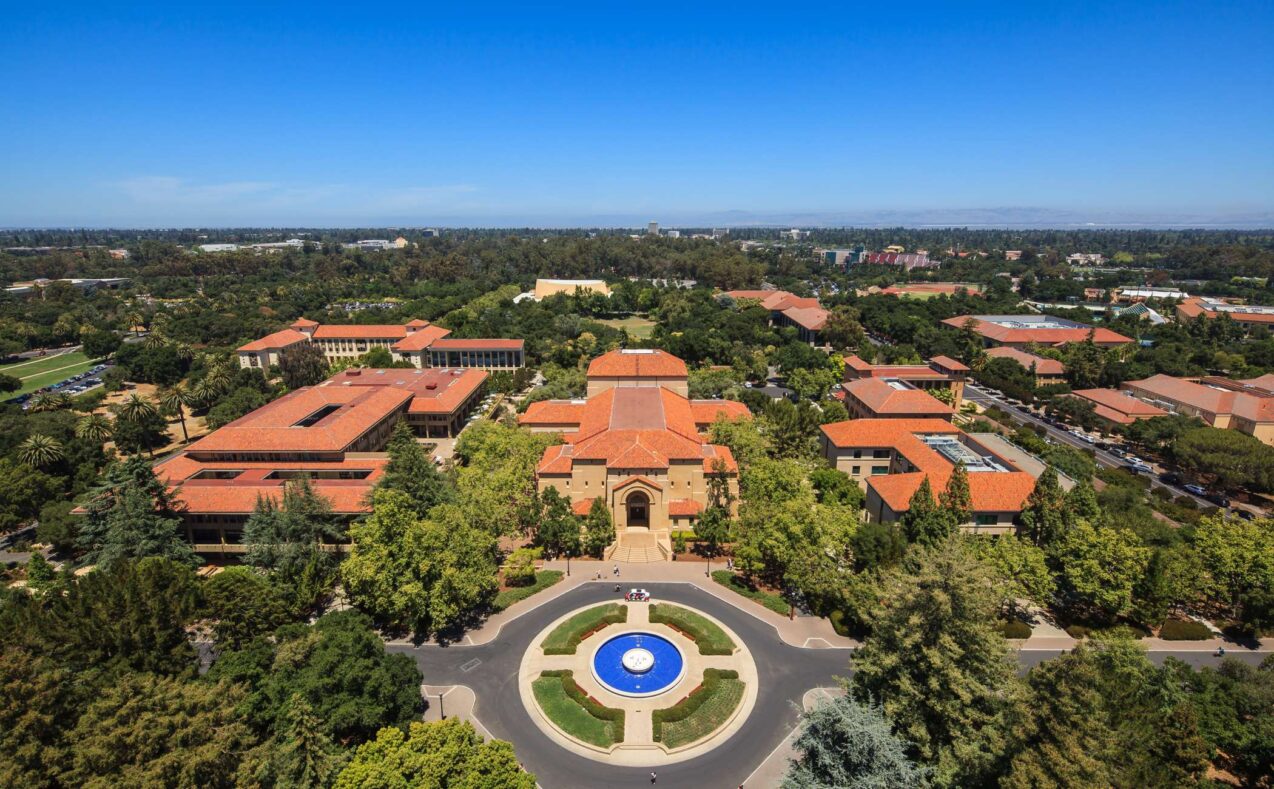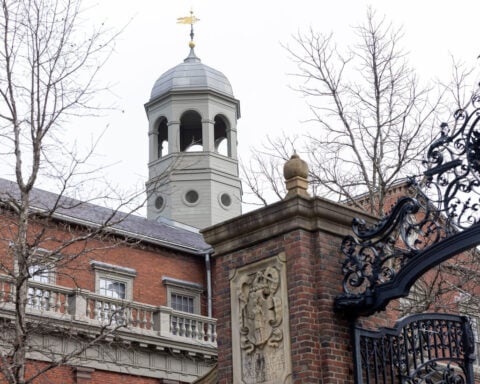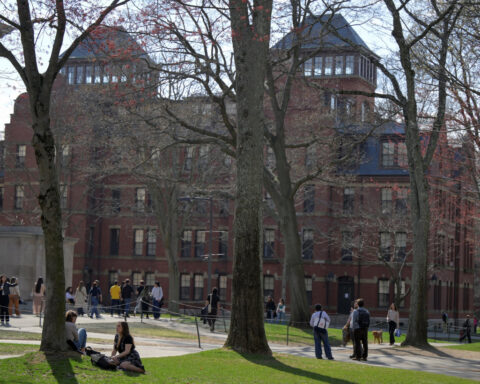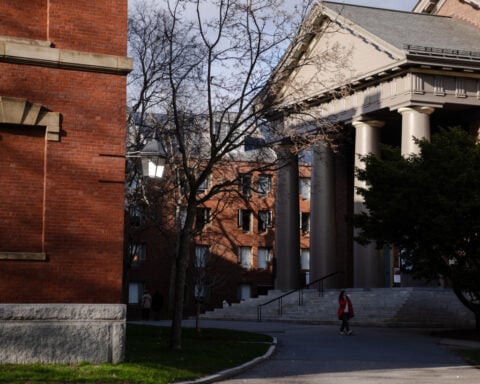A federal lawsuit has been filed against the University of California (UC) system, alleging its admissions policies unlawfully favor Black and Latino applicants, thereby disadvantageous to white and Asian American students. The suit, initiated by the group Students Against Racial Discrimination, contends that UC’s practices violate both state and federal laws prohibiting racial preferences in public education.
The plaintiffs argue that despite California’s Proposition 209 — enacted in 1996 to ban the consideration of race in public education — the UC system covertly incorporates racial preferences through its holistic admissions process. This approach evaluates applicants based on a range of factors, including personal experiences and challenges, which the lawsuit claims serve as proxies for race.
The suit seeks a judicial order to prevent UC from inquiring about applicants’ race and to appoint a monitor to oversee compliance. However, UC released a statement saying its undergraduate admissions applications collect data on students’ race and ethnicity “for statistical purposes only, and they are not used for admission.”
“If served, we will vigorously defend our admission practices. We believe this to be a meritless suit that seeks to distract us from our mission to provide California students with a world class education,” the statement said.
In January, UC released data showing Latino and African American enrollment increased by 3.1% and 4.6% since 2023.
The UC system has consistently defended its admissions policies, stating that they are designed to identify and enroll students who demonstrate exceptional promise and resilience. A UC spokesperson emphasized that the university’s practices comply with all applicable laws, including Proposition 209, and that race or ethnicity is not a factor in admissions decisions.
From an academic standpoint, the debate centers on the efficacy and fairness of holistic admissions. Proponents assert that this method comprehensively evaluates an applicant’s potential by considering diverse life experiences and obstacles overcome.
Critics contend that it introduces subjectivity, enabling admissions officers to indirectly factor in race, thereby contravening legal mandates. The lawsuit posits UC’s holistic review process results in the admission of less academically qualified candidates over more meritorious ones, based on racial considerations.
Students and advocacy groups have expressed concerns about potential biases in the admissions process. Some Asian American and white applicants feel they are held to higher standards. In contrast, others argue that eliminating considerations of race overlooks systemic inequalities that affect educational opportunities for underrepresented minorities.
The lawsuit highlights the case of Stanley Zhong, a Palo Alto teenager who, despite being hired by Google as a software engineer straight out of high school, was rejected by 16 colleges, including five UC campuses. Stanley had a 4.42 GPA and a score of 1590 out of 1600 on the SATs. Along with father, Nan Zhong, he filed a complaint in the U.S. District Court for the Eastern District of California.
“We have collected evidence that the UC is using race, in clear violation of the law, in faculty hiring. And to the degree that it’s not only using it, but they’re also knowing it’s illegal, and they’re also hiding the evidence of using it.” Nan Zhong said to ABC7News.
Statistical data provides a nuanced perspective on the issue. According to UC’s reports, the proportion of African American students admitted systemwide has remained relatively stable, comprising 5% of admitted freshmen in 2021 and 2023. Similarly, Chicano/Latino students accounted for 38% of admitted freshmen in 2020 and 2022. At UCLA, the fall 2023 first-year class was composed of 39% Asian, 25% Hispanic/Latino, 24% white, and 8% African American students.
These figures show that while the UC system is diverse, the representation of various racial groups has not undergone dramatic shifts in recent years. However, the lawsuit contends the holistic review process disproportionately benefits certain groups, potentially at the expense of others, and calls for greater transparency and adherence to merit-based criteria.
The impact of UC’s holistic admissions review extends beyond racial considerations, affecting students from different socioeconomic backgrounds. By evaluating factors such as personal hardships, first-generation college status, and socioeconomic challenges, the process aims to identify students who have demonstrated resilience and determination.
UC states this approach can provide opportunities for applicants from underprivileged backgrounds who may not have had access to the same resources as their peers. Critics argue that without clear guidelines, the holistic process can be inconsistently applied, leading to perceptions of unfairness and potential biases.
Some students report they feel the system is unpredictable and does not provide clear expectations for applicants. Others note holistic admissions have helped diversify UC campuses by allowing consideration of socioeconomic disadvantages. Research from the Public Policy Institute of California indicates that holistic review has contributed to an increase in students from lower-income backgrounds who have gained access to UC campuses.

 Trump has begun another trade war. Here's a timeline of how we got here
Trump has begun another trade war. Here's a timeline of how we got here
 Canada's leader laments lost friendship with US in town that sheltered stranded Americans after 9/11
Canada's leader laments lost friendship with US in town that sheltered stranded Americans after 9/11
 Chinese EV giant BYD's fourth-quarter profit leaps 73%
Chinese EV giant BYD's fourth-quarter profit leaps 73%
 You're an American in another land? Prepare to talk about the why and how of Trump 2.0
You're an American in another land? Prepare to talk about the why and how of Trump 2.0
 Chalk talk: Star power, top teams and No. 5 seeds headline the women's March Madness Sweet 16
Chalk talk: Star power, top teams and No. 5 seeds headline the women's March Madness Sweet 16
 Purdue returns to Sweet 16 with 76-62 win over McNeese in March Madness
Purdue returns to Sweet 16 with 76-62 win over McNeese in March Madness








